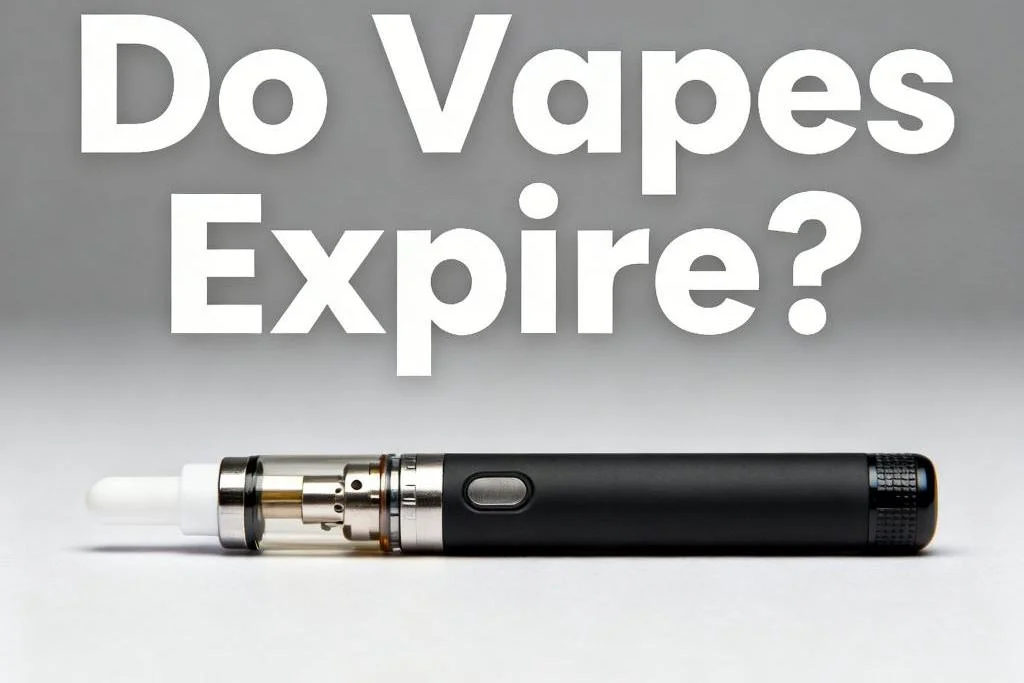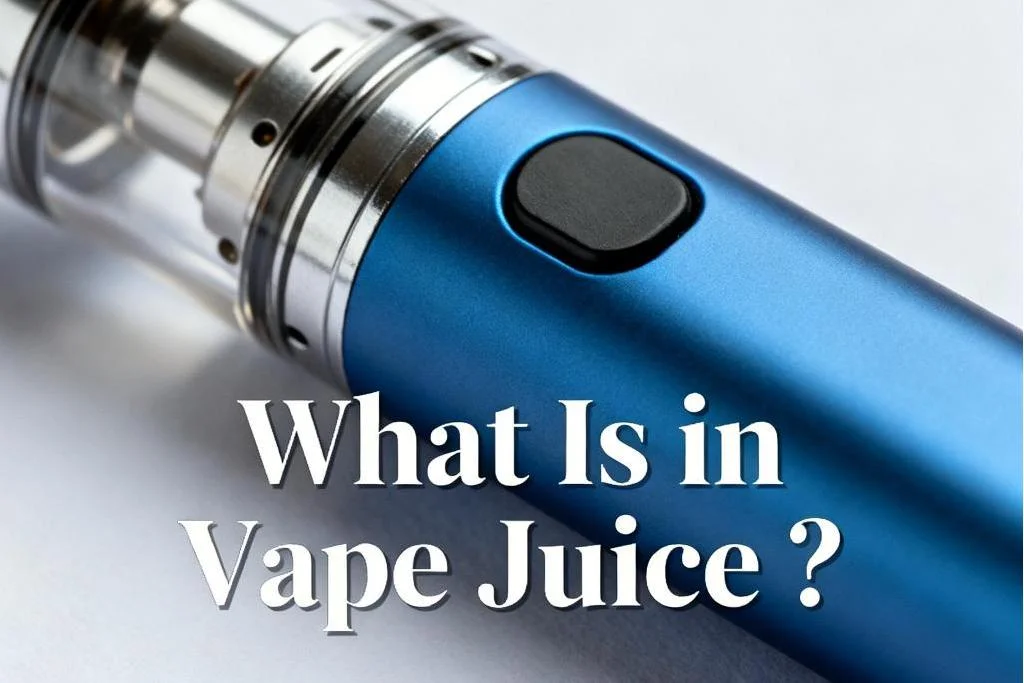Is Vaping Better Than Smoking? Exploring and Simplifying the Most Common Question
10/24/2024, 4:43:44 PM 980
Is vaping better than smoking? As vaping continues to grow in popularity, the debate about whether it is better than smoking remains heated. In this article, we will try to explore and simplify this common question by analysing the health implications, social perceptions and overall benefits of vaping compared to traditional smoking.
What is Smoking?

Smoking is the inhalation of smoke produced by the combustion of tobacco. This combustion process releases nicotine as well as many harmful chemicals, including tar and carbon monoxide. Cigarettes contain dried tobacco leaves and various additives to improve flavour and nicotine delivery.
Health Impacts of Smoking
We are all familiar with the health risks associated with smoking. Short-term effects include respiratory issues, such as coughing and shortness of breath. Long-term effects are far more severe, leading to chronic respiratory diseases, cardiovascular diseases, and various forms of cancer. According to the World Health Organization, smoking is responsible for millions of deaths each year, making it one of the leading causes of preventable illness and death worldwide.
What is Vaping?
Vaping involves using an electronic device called an e-cigarette or vape pen to heat a liquid (e liquid or vape juice) into an aerosol that the user inhales. Vapes typically consist of a battery, a heating element, and a tank for the e-liquid.
One of the attractive aspects of vaping is the wide variety of devices and flavours available. Users can choose from a range of nicotine strengths, including nicotine-free options, allowing for a personalised vaping experience. In addition, zero nicotine vapes are also available to those who enjoy vaping but are concerned about the associated health risks of nicotine.
Comparison of the Health Risks: Smoking vs Vaping
One of the primary differences between smoking and vaping is the level of chemical exposure. Cigarette smoke contains thousands of harmful chemicals, many of which are carcinogenic. In contrast, vapours generated by a vaping device contain far fewer toxic substances. While not entirely free of dangerous compounds, the levels present in eliquids are significantly lower than those in cigarette smoke.
It is a popular fact that smoking harms lung health, contributing to conditions such as chronic obstructive pulmonary disease (COPD) and lung cancer. As vaping doesn't involve combustion, the risk of these severe lung conditions is too low with it. However, some studies suggest that vaping can still cause respiratory irritation and other issues, necessitating further research. However as vaping is relatively new, further research is needed to fully document its long-term impacts.
Both traditional cigarettes and vapes include nicotine, regular and excessive consumption of nicotine affects cardiovascular health by increasing heart rate and blood pressure. But one good thing with vapes is you can still enjoy it to the fullest with zero nicotine e liquids, eliminating the side effects of nicotine. In addition, vaping eliminates many of the additional harmful chemicals found in cigarettes, and the overall cardiovascular risk is likely lower for vapers compared to smokers.
Nicotine Addiction
Nicotine is highly addictive, whether consumed through smoking or vaping. Vaping, however, offers more control over nicotine intake, allowing users to gradually reduce their nicotine consumption. People who are struggling to quit smoking can switch to vaping adjust their nicotine strength from 18mg to 12mg, and gradually reduce it to 3mg or 0mg, ultimately stopping nicotine consumption altogether. This is the reason why vaping is particularly considered as a better alternative to quitting smoking.
Social and Environmental Considerations
Vaping is often viewed more favourably in social contexts compared to smoking, partly because it produces fleeting smoke and generally has a more pleasant aroma. This has led to vaping being more socially acceptable in many public and private spaces than traditional smoking.
Cigarette butts are a significant environmental pollutant, taking years to decompose and often ending up in oceans and waterways. While disposable vape products contribute to environmental waste, improper disposal of vapes can have a greater environmental impact than traditional cigarettes. However, there are many rechargeable vape kits available that help reduce electronic cigarette waste by allowing for multiple uses. Additionally, reusable vaping devices offer a more sustainable option.
Regulatory and Safety Measures
Both smoking and vaping are subject to regulation, but the extent and focus of these regulations can vary. Vaping products are often regulated to ensure they meet safety standards, and many regions impose age restrictions to prevent youth access. Understanding and adhering to these regulations is crucial for ensuring safe and responsible vaping.
Purchasing vaping products from reputable sources is essential to avoid fake or unsafe products. Modern vaping devices often include safety features, such as overcharge protection and temperature control, to enhance user safety.
Benefits of Vaping Over Smoking
Switching from smoking to vaping offers several potential benefits. Vaping eliminates the harmful combustion process of smoking, reducing exposure to toxic chemicals and carcinogens. It also allows for more precise control over nicotine intake, which can aid in quitting smoking. Moreover, vaping is generally more socially acceptable and environmentally friendly.
What is the Legal Age to Vape?
In most regions, including the UK, the legal age to purchase and use vaping products containing nicotine is 18. It is illegal to sell these products to minors or for adults to purchase them on behalf of minors. These regulations are in place to protect young people from nicotine addiction and potential health risks.
While vaping is not without risks, it presents a less harmful alternative to traditional smoking, many former smokers have successfully transitioned to vaping, citing improved health and well-being. So by understanding the differences in health impacts, social acceptance, and regulatory measures, individuals can make informed decisions about their nicotine consumption. Ongoing research is essential to fully understand the long-term effects of vaping and continue improving its safety.
If you're considering vaping as an alternative to smoking or have questions about vaping, consult healthcare professionals and rely on credible sources for information.






